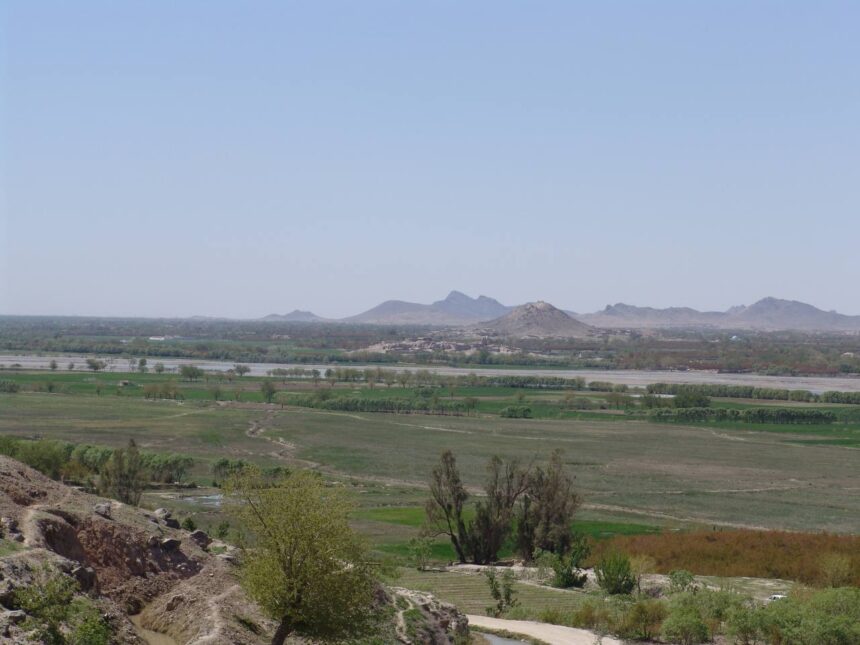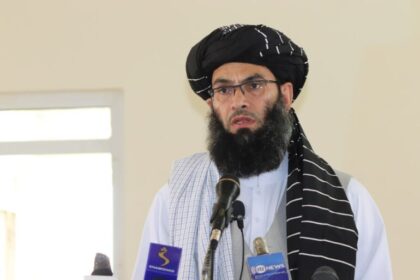RASC News Agency: The Taliban’s provincial administration in Kandahar has confirmed the confiscation and official registration of more than 77,631 jeribs (approximately 15,500 hectares) of land across the provincial capital and several surrounding districts, declaring them as property of the so-called “Islamic Emirate.” According to the media office of the Kandahar governor, these lands were identified following assessments conducted by the Taliban-controlled Directorate of Agriculture and the Commission for the Prevention of Land Usurpation.
Amid growing concerns over arbitrary land appropriations, the Taliban’s Ministry of Justice has established a special body known as the “Commission for the Prevention of Land Grabbing and the Reclamation of Usurped Lands.” This commission is ostensibly tasked with recovering public lands from alleged usurpers and returning them to state control under Taliban rule. While Taliban officials portray this campaign as a legitimate effort to safeguard public assets, Afghanistani citizens and legal experts argue that the process lacks impartial oversight. There is no independent authority to review claims from individuals who say their private lands were forcibly taken and reclassified under Taliban ownership. This legal vacuum has deepened public frustration and raised alarm over widespread violations of property rights.
The Taliban’s land seizure campaign mirrors previous episodes in Afghanistan’s recent history, in which powerful actors engaged in unlawful expropriation of land under the guise of governance. Human rights advocates and policy analysts warn that the absence of transparency and independent adjudication risks igniting new waves of social and political instability. In Kandahar, the heartland of Taliban power and residence of its top leadership, these land grabs have become emblematic of a broader pattern of unchecked authoritarianism, further eroding public trust in the regime’s claims to justice and reform.






